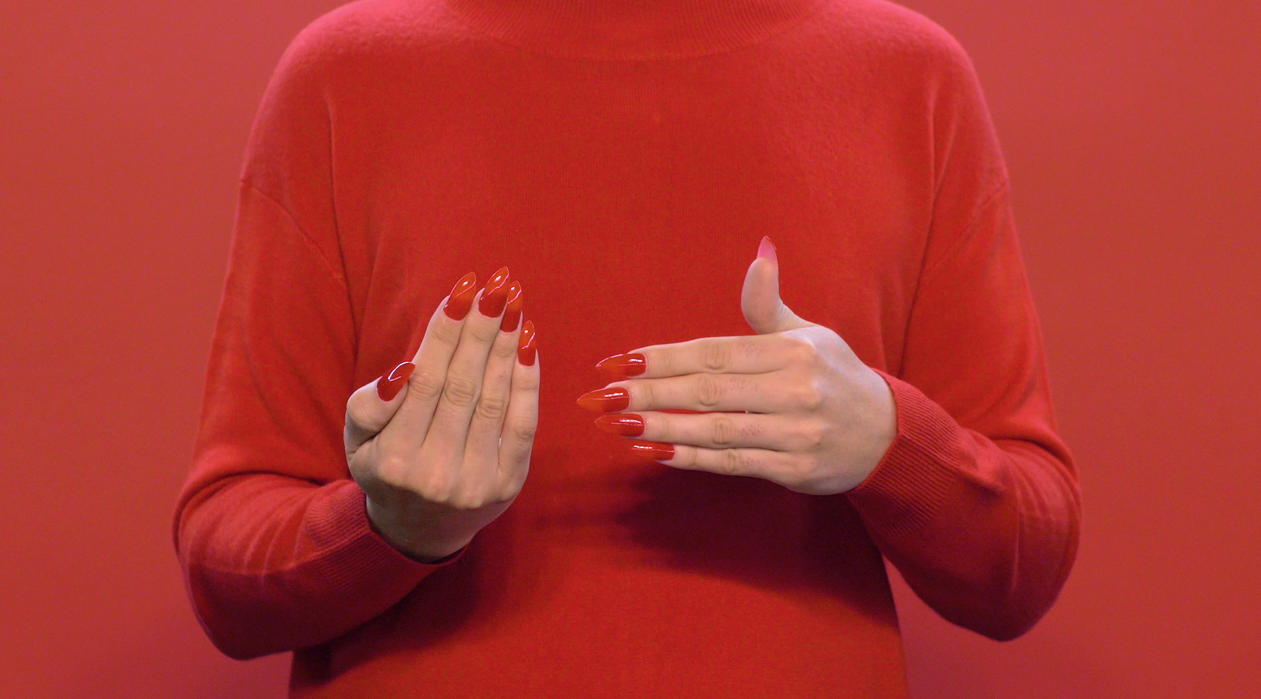Main Partner
After World War II, an industrialist converted the machinery used previously for the production of bombs into instruments for the making of hair dryers for beauty salons. The sophisticated technologies of war were thus transformed into devices for the perfecting of the “body” as a socially and culturally determinate concept. It was the same historical moment in which the word gender began to be used in the political arena, to describe no longer a natural sexual identity, but instead one that was artificially constructed and therefore commodifiable.
In 1971 a group of lesbians armed with sausages attacked Professor Jérôme Lejeune during an anti-abortion lecture. The event marked the birth of the “Commando Saucisson” (Sausage Commando), around which the Front Homosexuel d’Action Révolutionnaire later gravitated. In the protest, sausages became a parody of the traditional instruments of politics at the time: police truncheons and patriarchal penises.
A few years ago, an artist produced the “Asstral Traveler”, a butt plug in coprolite, made of fossilized faeces of dinosaurs dating back to 140 million years ago. The use of this item, a technology designed to produce pleasure through anal stimulation, permits the opening of a space-time gateway. Thus, the anus hosting the plug becomes a post-identitarian organ, transpassing not only the distinction between sexual identities, but also the division between human and non-human, organic and inorganic, present and future.
Abstract Sex: We don’t have any clothes, only equipment is an innovative off-site exhibition project of Artissima, extending into the city and occupying the spaces of Jana, the fashion boutique on Via Maria Vittoria that has always been a reference point for artists, writers and other cultural figures. The exhibition – conceived by Ilaria Bonacossa and curated by Lucrezia Calabrò Visconti and Guido Costa – focusses on the theme of desire, in line with the fil rouge of this edition of the fair. Poised between an action of piracy and an exhibition, the project features photographs, videos, works on canvas and paper, and objects on loan from galleries taking part in Artissima.
Abstract Sex: We don’t have any clothes, only equipment weaves minor historical and contemporary narratives and suggests unexpected alliances between bodies, objects and machinery, to disarm the traditional representations of desire. The show brings together unexpected instruments, hybrid devices and deviant technologies, suggesting a crosswise perspective between the virtual and the material, in which everything around us can be rethought as equipment, a weapon at the service of the definition of new mythologies.
Borrowing the title of an essay by Luciana Parisi, the exhibition Abstract Sex operates in a context in which our subjectivity is only one of the forces that cross the body, a porous platform of information exchange at the level of bacteria, data and media, where the microscopic politics of biotechnology meet the macro-politics of the socio-cultural and economic system in which we live. In a historical era in which the very definition of the “human being” is increasingly negotiable, Abstract Sex suggests themes such as dis-identification, post-pornography, opacity and hybridization as possible ambits of production of autonomy.
In the words of the curators: “While the radical experiences of the 1970s invoked emancipating and revolutionary strategies of desire as a possibility of escape from capitalist apparatus of control, the contemporary ‘libidinal society’ completely integrated terms such as pleasure, sex and love into what has been defined by Paul B. Preciado as the ‘pharmacopornographic regime’. Tamed by the political and financial infrastructures of neoliberalism 2.0, desire translates into a drive aimed towards objects for consumption and normalised lifestyles, suggested online by algorithmic structures. Due to the pervasive spread of the new technologies, a concept of the body has emerged where it is dilated and has unstable boundaries, in which the simulation of real experience increasingly supplants action in reality, with ambivalent political consequences. For example, while on the one hand cybersex has finally liberated female pleasure from reproductive functions, on the other it has led to the triumph of an economy of immaterial pleasure of a patriarchal order. What type of strategies and allies exist in the reappropriation of desire, emancipating it from the dichotomies and values imposed by the techno-patriarchy?”
Iván Argote, Vermehlo, Sao Paulo; Josefin Arnell, Lily Robert, Paris; Marcel Bascoulard, Christophe Gaillard, Paris; Benni Bosetto, Ada, Roma; Candice Breitz, KOW Berlin, Madrid; Simon Fujiwara, Dvir, Tel Aviv, Brussels; Thomas Hämen, Issues, Stockholm; Barbara Hammer, Kow, Berlin, Madrid; Corrado Levi, Ribot, Milano; Sidsel Meineche Hansen, Rodeo, London, Piraeus; Jacopo Miliani, Rosa Santos, Valencia; Athena Papadopoulos, Emalin, London; Joanna Piotrowska, Madragoa, Lisbon; Agnieszka Polska, Georg Kargl, Vienna; Karol Radziszewski, Bwa Warszawa, Warsaw; Steve Reinke, Isabella Bortolozzi, Berlin; Tom of Finland, Espacio Minimo, Madrid; Wu Tsang, Isabella Bortolozzi, Berlin; Anna Uddenberg, Kraupa-Tuskany Zeidler, Berlin; Andra Ursuţa, Massimo De Carlo, Milano, London, Hong Kong.
—
Abstract Sex: We don’t have any clothes, only equipment
Boutique Jana – via Maria Vittoria 45/A
Free Entry
31 October
10am – 9pm
1 November
10am – 9pm
2 November
10am – 12am
3 November
10am – 6pm
Visitors to this exhibition must be over 18 years of age.
Special Project Partner: Kristina Ti
Media Partner: Flash Art
